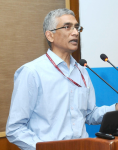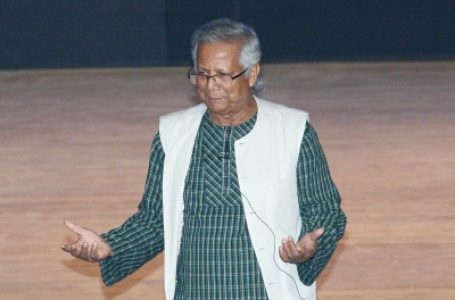
New York, Aug 2: People who eat the highest amounts of ultra-processed foods like soft drinks, chips, and cookies may have a higher risk of developing dementia than those who eat the lowest amounts, says a new study.
The study, published in the journal Neurology, found that replacing ultra-processed foods in a person’s diet with unprocessed or minimally processed foods was associated with a lower risk. However, it mentioned that the study does not prove that ultra-processed foods cause dementia and only shows an association.
“Our research not only found that ultra-processed foods are associated with an increased risk of dementia, but it also found replacing them with healthy options may decrease dementia risk,” said researcher Huiping Li of Tianjin Medical University in China.
Ultra-processed foods are high in added sugar, fat, and salt, and low in protein and fiber. They include soft drinks, salty and sugary snacks, ice cream, sausage, deep-fried chicken, yogurt, canned baked beans and tomatoes, among others.
For the study, the team identified 72,083 people from a large database containing the health information of half a million people living in the UK. Participants were 55 and older and did not have dementia at the start of the study. They were followed for an average of 10 years.
By the end of the study, 518 people were diagnosed with dementia. During the study, participants filled out at least two questionnaires about what they ate and drank the previous day.
Researchers determined how much ultra-processed food people ate by calculating the grams per day and comparing it to the grams per day of other foods to create a percentage of their daily diet.
They then divided participants into four equal groups from the lowest percentage consumption of ultra-processed foods to the highest.
On average, ultra-processed foods made up 9 per cent of the daily diet of people in the lowest group, an average of 225 grams per day, compared to 28 per cent for people in the highest group, or an average of 814 grams per day.
One serving of items like pizza or fish sticks was equivalent to 150 grams. The main food group contributing to high ultra-processed food intake was beverages, followed by sugary products and ultra-processed dairy.
In the lowest group, 105 of the 18,021 people developed dementia, compared to 150 of the 18,021 people in the highest group.
After adjusting for age, gender, family history of dementia and heart disease, and other factors that could affect the risk of dementia, researchers found that for every 10 per cent increase in daily intake of ultra-processed foods, people had a 25 per cent higher risk of dementia.
–IANS



















